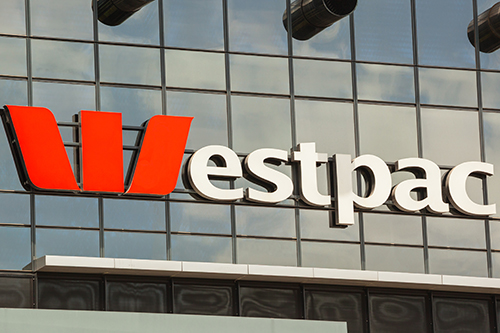The Post Office has announced a fresh agreement with UK banks and building societies that means it will continue to offer its counters for basic banking services for another three years.
‘Banking Framework 3’ will allow customers of 30 banks to carry on making cash payments and withdrawals into accounts via post offices, and for small businesses to deposit cash, until 2026.
While many small businesses have made a shift to digital payments, the continuation of the longstanding arrangement signals a resilient appetite for cash. Dr Francesc Rodriguez Tous, Lecturer in Banking and Professor Barbara Casu, Professor of Banking and Finance and Director of the Centre for Banking Research at Bayes Business School (formerly Cass), explained implications for the agreement.
“While there has been a movement towards digital payments in general, there is still a significant minority that relies on cash,” Dr Rodriguez Tous said.
“Lockdown has been tough and bank branch closures have had a big impact, but the Post Office’s statement in announcing the deal claims they still experience around £3 billion in deposits and withdrawals each month which is still sizeable.
“It is difficult to say what this means for the long-term future of the Post Office. Cash usage varies a lot across different countries regardless of available technologies. Japan, for instance, is very technologically advanced but relies heavily on cash.
“I suspect there is a cultural aspect to consider as well.”
Professor Barbara Casu said it remained unclear if current arrangements were sustainable for the Post Office in the long run.
“This is not a 'new' deal as such, and it is good for customers of banks and building societies because they can access basic banking services in their communities without needing to travel further afield,” she said.
“Lockdown has meant a reduction in opening hours for many bank branches, in addition to the ongoing branch closures. People who still typically use cash – such as elderly people, people with disabilities and hourly paid staff – will be thankful for this continuation of Post Office services.
“While the agreement is great news for customers, I am unclear as to whether it is as good for the Post Office. £3 billion in deposits and withdrawals represents significant activity, but it would be interesting to see the extent of the cost that the Post Office is bearing to provide these services on behalf of banks – and whether the agreement covers all such costs.
“Banks have not only been closing branches but also removing free ATM facilities, citing running costs as the key reason. This represents a real challenge for the Post Office.
“It is telling that Monzo has not signed up to this deal, because it has a digital business model and its customers generally have additional accounts with High Street Banks – therefore it does need to incur the financial burden of others.
“The cost of operating such services – however vital they are to a lot of people – may one day prove prohibitive in the presence of digital alternatives.”
All quotes can be attributed to Dr Francesc Rodriguez Tous, Lecturer in Banking, and Professor Barbara Casu, Professor of Banking and Director of the Centre for Banking Research at Bayes Business School (formerly Cass).



